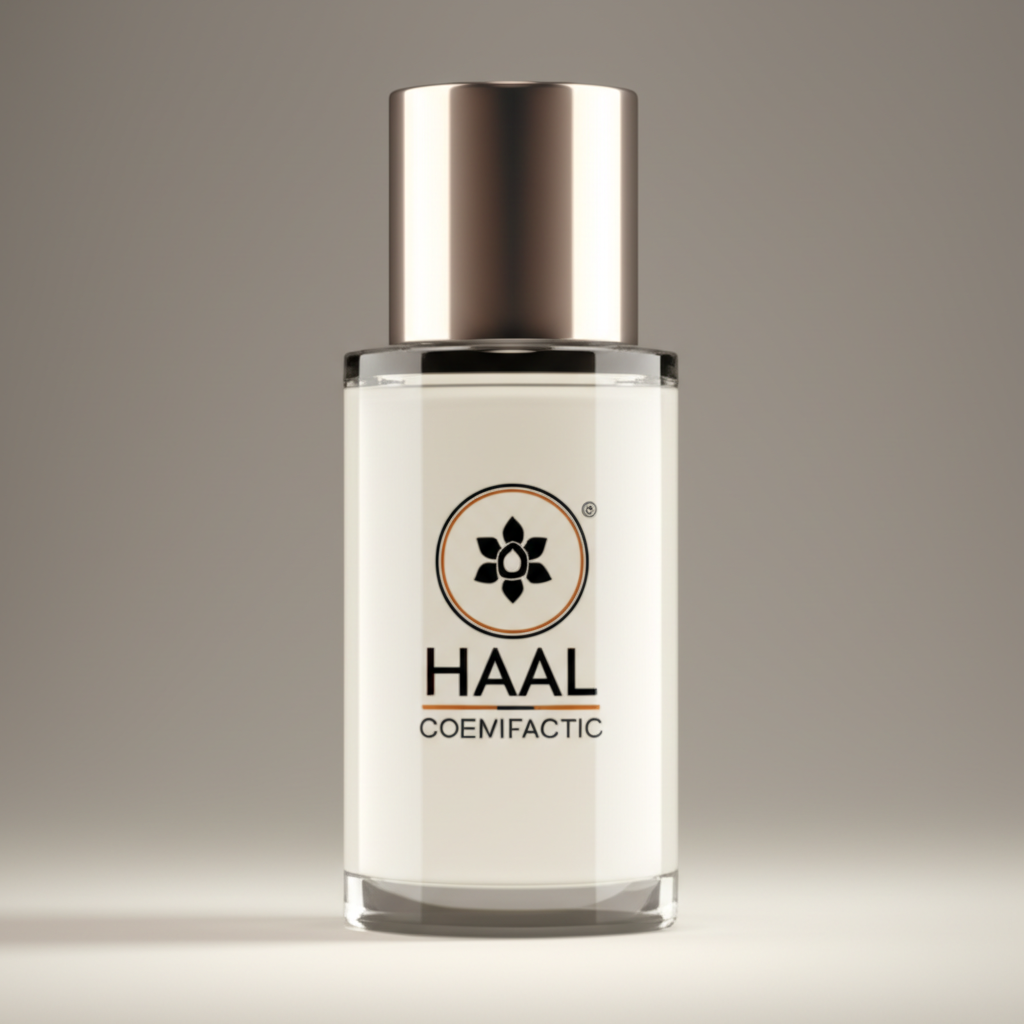
Indonesia is set to enforce stricter halal certification requirements for cosmetic products by late 2026, marking a significant shift in regulatory standards for the industry. The Halal Product Assurance Agency (BPJPH) has confirmed that cosmetics, along with medicines and consumer goods, must comply with halal certification mandates under Government Regulation No. 42 of 2024. This move aims to align products with Islamic principles while catering to the growing demand for halal-certified cosmetics among Indonesian consumers.
Speaking at a seminar organized by the Indonesian Cosmetics Companies Association (Perkosmi), BPJPH Deputy Head Afriansyah Noor highlighted the importance of halal standards in cosmetics, particularly for Muslim consumers. He noted that many brands have already adopted halal certification voluntarily, recognizing its market appeal. The agency expects full compliance by the 2026 deadline, ensuring transparency and trust in product sourcing and manufacturing processes.
To support businesses in meeting these requirements, BPJPH has intensified outreach efforts through seminars, digital campaigns, and industry collaborations. Deputy for Development and Supervision Chuzaemi Abidin emphasized that education initiatives aim to help manufacturers navigate certification procedures smoothly. These efforts are expected to boost market competitiveness while reinforcing consumer confidence in halal-labeled products.
With Indonesia’s cosmetics industry experiencing rapid growth, halal certification is increasingly seen as a key differentiator. The government’s proactive approach seeks to balance regulatory compliance with industry expansion, ensuring that both local and international brands adapt to evolving consumer preferences. As the 2026 deadline approaches, stakeholders anticipate broader adoption of halal standards, further solidifying Indonesia’s position in the global halal market.